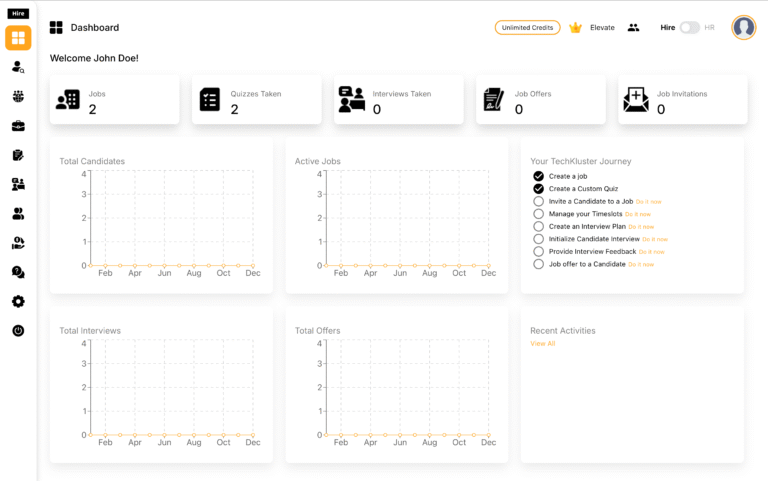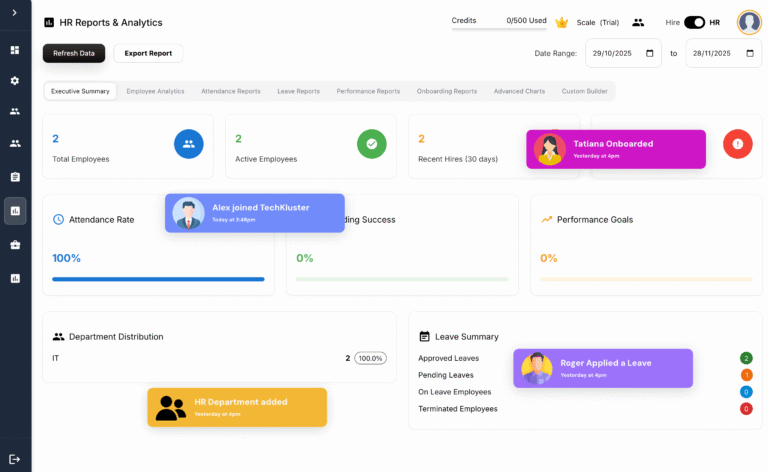Introduction Java 8 introduced the Stream API, a powerful functional programming construct that allows you to perform operations on collections in a concise and expressive manner. Kotlin, being a modern programming language with a focus on functional programming, also provides similar features for working with collections. In this article, we'll explore the Java 8 Stream …
Introduction
Java 8 introduced the Stream API, a powerful functional programming construct that allows you to perform operations on collections in a concise and expressive manner. Kotlin, being a modern programming language with a focus on functional programming, also provides similar features for working with collections. In this article, we’ll explore the Java 8 Stream API analogies in Kotlin, demonstrating how you can achieve similar functionalities using Kotlin’s features.
1. Creating Streams
In Java 8, you can create streams from collections using the stream() method. In Kotlin, you can use the asSequence() method to achieve a similar effect. For example:
Java 8 Stream API:
List<Integer> numbers = Arrays.asList(1, 2, 3, 4, 5);
Stream<Integer> stream = numbers.stream();Kotlin:
val numbers = listOf(1, 2, 3, 4, 5)
val sequence = numbers.asSequence()2. Filtering Elements
Both Java 8 Stream API and Kotlin provide the filter() function to filter elements based on a given condition.
Java 8 Stream API:
List<Integer> numbers = Arrays.asList(1, 2, 3, 4, 5);
Stream<Integer> stream = numbers.stream().filter(n -> n % 2 == 0);Kotlin:
val numbers = listOf(1, 2, 3, 4, 5)
val filtered = numbers.filter { it % 2 == 0 }3. Mapping Elements
You can map elements from one type to another using the map() function in both Java 8 Stream API and Kotlin.
Java 8 Stream API:
List<String> names = Arrays.asList("John", "Jane", "Jake");
Stream<Integer> nameLengths = names.stream().map(name -> name.length());Kotlin:
val names = listOf("John", "Jane", "Jake")
val nameLengths = names.map { it.length }4. Reducing Elements
Both Java 8 Stream API and Kotlin allow you to perform reductions on elements using the reduce() function.
Java 8 Stream API:
List<Integer> numbers = Arrays.asList(1, 2, 3, 4, 5);
Optional<Integer> sum = numbers.stream().reduce((a, b) -> a + b);Kotlin:
val numbers = listOf(1, 2, 3, 4, 5)
val sum = numbers.reduce { acc, value -> acc + value }5. Collecting Elements
Both Java 8 Stream API and Kotlin provide a collect() function to accumulate elements into a collection.
Java 8 Stream API:
List<Integer> numbers = Arrays.asList(1, 2, 3, 4, 5);
List<Integer> evenNumbers = numbers.stream().filter(n -> n % 2 == 0).collect(Collectors.toList());Kotlin:
val numbers = listOf(1, 2, 3, 4, 5)
val evenNumbers = numbers.filter { it % 2 == 0 }.toList()6. Working with Infinite Streams
Both Java 8 Stream API and Kotlin’s sequence support infinite streams. For example, you can generate an infinite stream of numbers using the generate() function.
Java 8 Stream API:
Stream<Integer> infiniteStream = Stream.generate(() -> 1);Kotlin:
val infiniteSequence = generateSequence { 1 }7. FlatMap Operation
Both Java 8 Stream API and Kotlin provide the flatMap() function to flatten nested collections.
Java 8 Stream API:
List<List<Integer>> nestedNumbers = Arrays.asList(
Arrays.asList(1, 2),
Arrays.asList(3, 4),
Arrays.asList(5, 6)
);
Stream<Integer> flatStream = nestedNumbers.stream().flatMap(Collection::stream);Kotlin:
val nestedNumbers = listOf(
listOf(1, 2),
listOf(3, 4),
listOf(5, 6)
)
val flatSequence = nestedNumbers.flatMap { it.asSequence() }8. Short-Circuiting Operations
Both Java 8 Stream API and Kotlin support short-circuiting operations like findFirst() and any().
Java 8 Stream API:
List<Integer> numbers = Arrays.asList(1, 2, 3, 4, 5);
Optional<Integer> firstNumber = numbers.stream().findFirst();
boolean anyEvenNumber = numbers.stream().anyMatch(n -> n % 2 == 0);Kotlin:
val numbers = listOf(1, 2, 3, 4, 5)
val firstNumber = numbers.firstOrNull()
val anyEvenNumber = numbers.any { it % 2 == 0 }9. Lazy Evaluation
Both Java 8 Stream API and Kotlin’s sequence support lazy evaluation, meaning intermediate operations are not evaluated until a terminal operation is invoked.
Java 8 Stream API:
List<Integer> numbers = Arrays.asList(1, 2, 3, 4, 5);
Stream<Integer> stream = numbers.stream().filter(n -> n % 2 == 0).map(n -> n * 2);Kotlin:
val numbers = listOf(1, 2, 3, 4, 5)
val sequence = numbers.asSequence().filter { it % 2 == 0 }.map { it * 2 }In both cases, the filter() and map() operations are not executed until a terminal operation is called (e.g., toList() or toList()).
10. Chaining Operations
Both Java 8 Stream API and Kotlin allow chaining multiple operations together.
Java 8 Stream API:
List<Integer> numbers = Arrays.asList(1, 2, 3, 4, 5);
List<Integer> result = numbers.stream()
.filter(n -> n % 2 == 0)
.map(n -> n * 2)
.collect(Collectors.toList());Kotlin:
val numbers = listOf(1, 2, 3, 4, 5)
val result = numbers.asSequence()
.filter { it % 2 == 0 }
.map { it * 2 }
.toList()In both examples, we chain the filter() and map() operations before collecting the final result into a list.
Conclusion
Kotlin provides analogies to most of the key features in the Java 8 Stream API. Whether you are coming from a Java background or not, Kotlin’s collection functions and sequence operations offer a robust and intuitive way to work with data in a functional style.
Both Java 8 Stream API and Kotlin’s functional programming capabilities help you write clean and expressive code while efficiently processing collections. Whether you choose to use Java’s Stream API or Kotlin’s collection functions and sequences, you can enjoy the benefits of functional programming and improved readability in your code.





